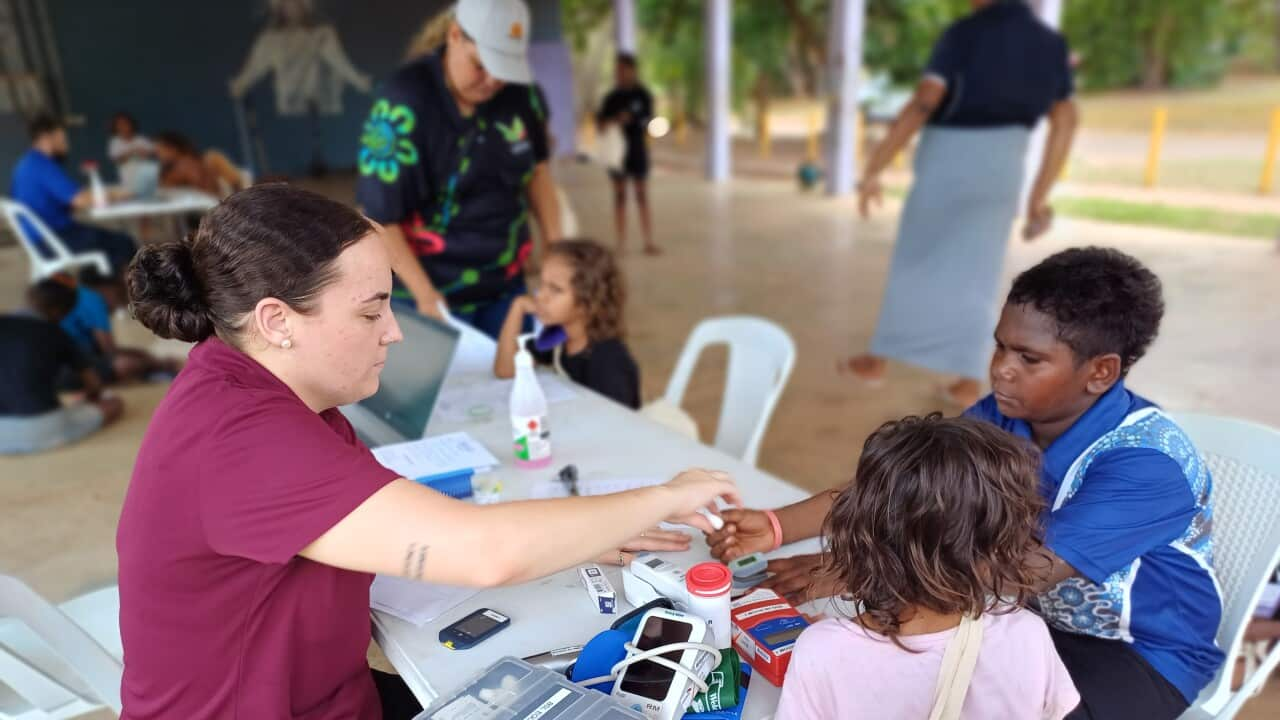The way forward in health is respecting Aboriginal ways of knowing, being and doing through a holistic and decolonised approach to care, researchers say.
University of Adelaide senior researcher Kim O'Donnell said there's currently an emphasis on a biomedical approach to health care, which treats individual parts rather than a person as a whole.
Dr O'Donnell said decolonising health care means a more holistic approach, led by Aboriginal and Torres Strait Islander ways of knowing, being and doing.
"Decolonised healthcare looks like what Aboriginal Community Controlled Health organisations were established for in the first place in the early 70s," the Malyangapa and Barkindji woman told AAP.
"That is to provide a suite of healthcare in the one place that's led by Aboriginal and Torres Strait Islander people.
"That makes the journey much better and much safer for Aboriginal and Torres Strait Islander people and comes from the place of health being delivered in a holistic way."
University of Adelaide and Flinders University researchers worked with five Aboriginal primary health care services across Australia, on the seven-year project, funded by the National Health and Medicine Research Council.
The resulting report, presents key findings from the project about the effect and limitations of dominant health models for Indigenous people, and makes recommendations to decolonise care.
Dr O'Donnell said the dominant system was not developed and structured to include Indigenous people, and continuous poor health outcomes have led to First Nations people losing trust in this system.
"There's still the assumptions that people have, that deficit view of Aboriginal and Torres Strait Islander people, that we've all got chronic diseases, we can't manage our lives," she said.
The report said decolonising practice can only be founded on a strong Aboriginal work force, recommending support for recruitment, retention and professional development of Aboriginal primary health care practitioners.
Also among the recommendations are ensuring funding models for Aboriginal primary health care are flexible enough to respond to community needs, respecting Aboriginal ways of knowing, being and doing in policy, and promoting strengths-based approaches to care.
"It's important to ensure primary health care is delivered in decolonising ways, delivered in a way that gives voice to our own organisations and these ways of working are protected and supported by policymakers," Dr O'Donnell said.

